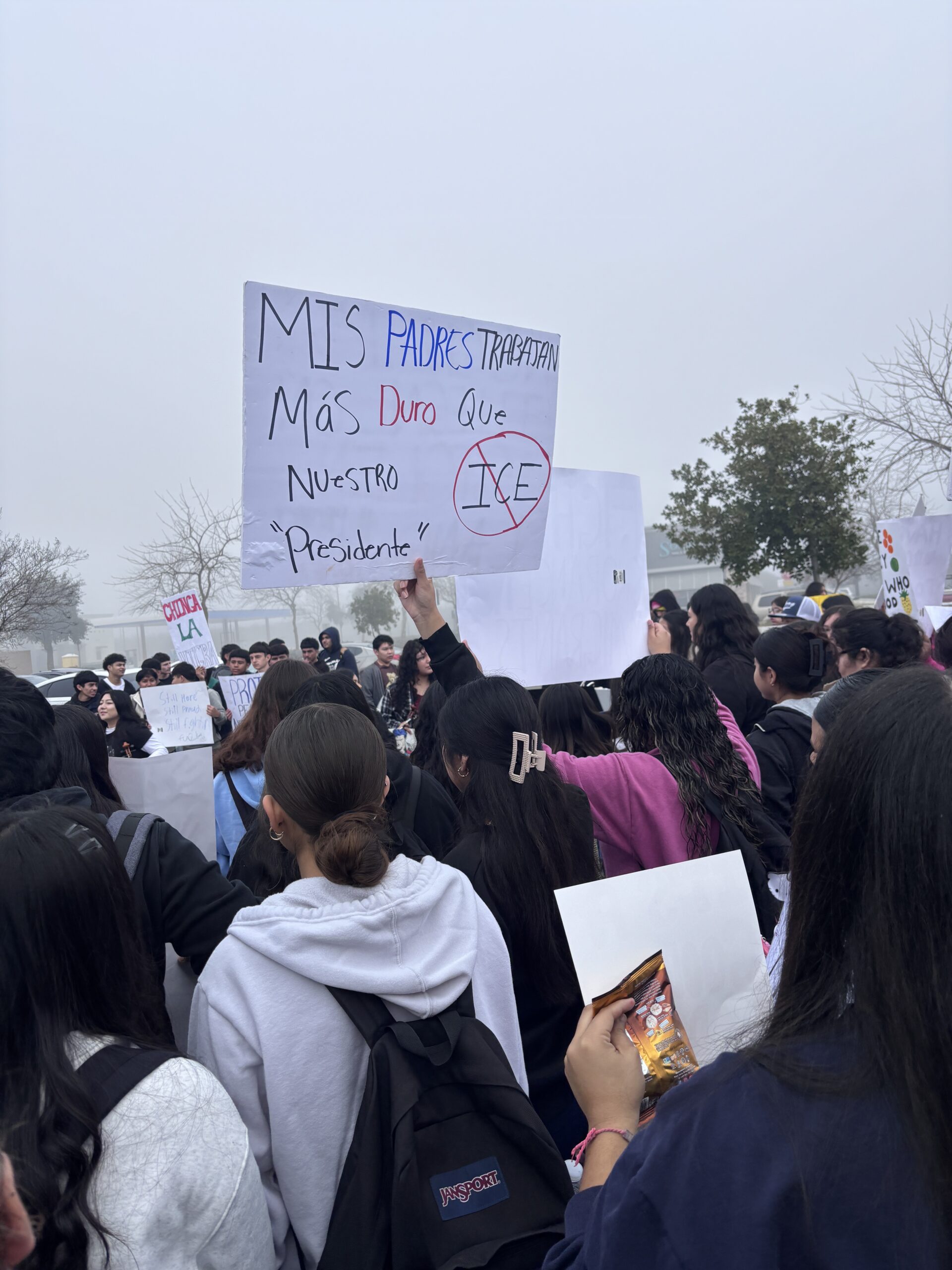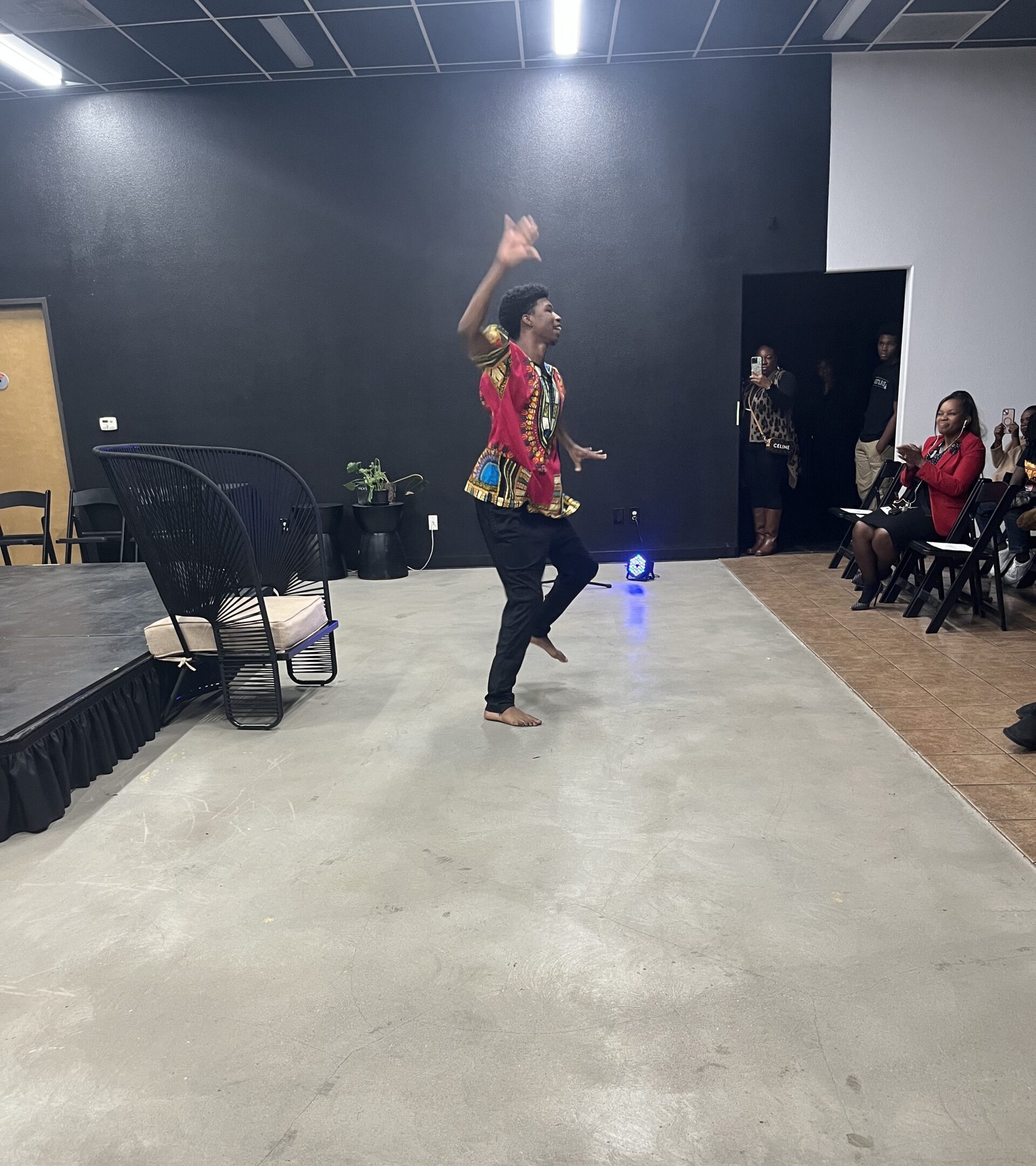
On June 30, the Supreme Court ruled 6-3 in favor of allowing business owners to refuse work and services to LGBTQ+ customers.
This ruling came into effect after a Christian web designer from Colorado, Lorie Smith of 303 Creatives, refused to create a wedding website due to religious beliefs. She stated that the enforcement of the words and artwork displayed for this service are against her constitutional rights. The ruling explained that Smith has the right to refuse to endorse messages under the First Amendment that protects free speech.
But suspicion arose about this case when “Stewart”, the supposed client in request of 303 Creatives services, was contacted. He was unaware of his personal information being used in the filing of this case. He stated that he never sought out services for a wedding website and has been married to a woman for 15 years. He included that he is also a web designer and wouldn’t seek out a service he could do himself.
Was this ruling concluded under false pretenses?
Riley and Erianna Gutierrez, a married queer couple, expressed their heartbreak. They themselves have not encountered refusal of services, but felt a sense of pain upon hearing the news.
“The feelings that spark from this discussion is frustration, a little bit of unease, and just disappointment in other people,” Erianna said.
Riley felt a sense of not being heard as an individual in a same-sex relationship. “I hope society will one day have the ability to accept others for who they are and respect their sexual orientation.”
She shared as a former Christian that she respects their beliefs, but is disheartened by some individuals’ judgment towards gay people. She felt this ruling is a step-back for the LGBTQ+ community and women’s rights, and it frustrated her that older men are still able to make life-altering decisions for vulnerable communities.
Erianna had a few direct words to Smith. “Why does it matter who I marry or who I’m in love with. I shouldn’t be judged because of who I choose to be with. If the sides were reversed, I would not refuse service to you because I don’t know what you experienced in your life and are going through.”
What laws protect same-sex couples from expressing themselves freely?
This ruling affects all individuals within the LGBTQ+ community and will further permit discrimination.


